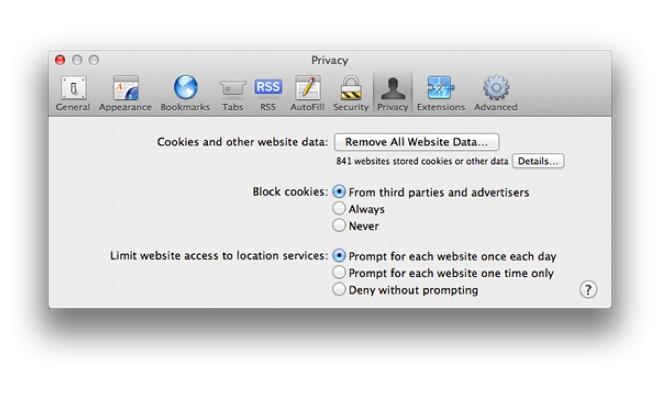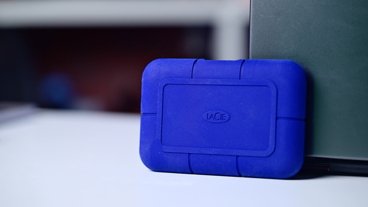As part of a settlement announcement on Monday, Google has agreed to pay out $17 million to 37 U.S. states, as well as the District of Columbia, for ignoring anti-tracking protocols baked in to Apple's Safari Web browser.
According to New York Attorney General Eric Schneiderman, the state attorneys general took Google to task over unauthorized placement of cookies on users' machines when they visited sites on the Internet search giant's DoubleClick ad network between 2011 and 2012, reports PCWorld.
The process was considered a breach of privacy as Google did not ask permission from visitors, nor did it inform them that the tracking method was being used.
"Consumers should be able to know whether there are other eyes surfing the web with them," Schneiderman said. "By tracking millions of people without their knowledge, Google violated not only their privacy, but also their trust."
Over one year ago, Google agreed to pay a $22.5 million fine to the U.S. Federal Trade Commission over the same questionable practices. At the time, it was the largest penalty ever paid to the FTC for a civil violation.
For its part, Google continues to assert that no private information was gathered by the tactic, and that subsequently inserted cookies were a byproduct of unforeseen behavior from Safari. Safari by default blocks third-party cookies, but at the same time allows for cookie-based web features such as "Like" buttons and personalized content.
In a statement to AppleInsider last year, Google explained:
However, the Safari browser contained functionality that then enabled other Google advertising cookies to be set on the browser. We didn't anticipate that this would happen, and we have now started removing these advertising cookies from Safari browsers. It's important to stress that, just as on other browsers, these advertising cookies do not collect personal information.
As part of the settlement, Google promised not to override any Web browser's cookie blocking features unless first given specific consent from the user. In addition, Google will be providing more information to consumers on how cookies work and how to use them.
"We work hard to get privacy right at Google and have taken steps to remove the ad cookies, which collected no personal information, from Apple's browsers," a Google spokesperson said.
 AppleInsider Staff
AppleInsider Staff







-m.jpg)






 Wesley Hilliard
Wesley Hilliard
 Malcolm Owen
Malcolm Owen
 Amber Neely
Amber Neely
 Christine McKee
Christine McKee
 Andrew Orr
Andrew Orr

 Mike Wuerthele and Malcolm Owen
Mike Wuerthele and Malcolm Owen










42 Comments
Good. . Whether really by accident or purposefully it shouldn't have happened. Personally I think that even if it started out as a surprise I doubt it took Google long to recognize what the result was. They shoulda put a stop to it long before they did. Now time to settle it, move on and do better.
"unforeseen behavior from Safari" Keep at it Google. I think most of your employees use Safari themselves, but yeah, keep on insisting that you had no idea what you were doing. Bit like trying to gather SSID, passwords, publishing copyright work of others, because, you know, it's really cool to start a company and share all your knowledge, make it accessible to the world. You know, some things are private for a reason. That's why we call it private.
The word clockwork comes to mind here after hitting the submit button just now.
[quote name="PhilBoogie" url="/t/160790/google-to-pay-17m-settlement-for-bypassing-apples-safari-security-settings#post_2436748"]"unforeseen behavior from Safari" publishing copyright work of others... [/quote] You probably missed a copyright case involving Google that finally settled last week after several years of meandering thru the courts. It got a lot of press but not a peep at AI surprisingly.
[quote name="PhilBoogie" url="/t/160790/google-to-pay-17m-settlement-for-bypassing-apples-safari-security-settings#post_2436750"]The word clockwork comes to mind here after hitting the submit button just now.[/quote] And we both had the same general view too. Google either knew or should have known what the result was. Either way deserved punishment.